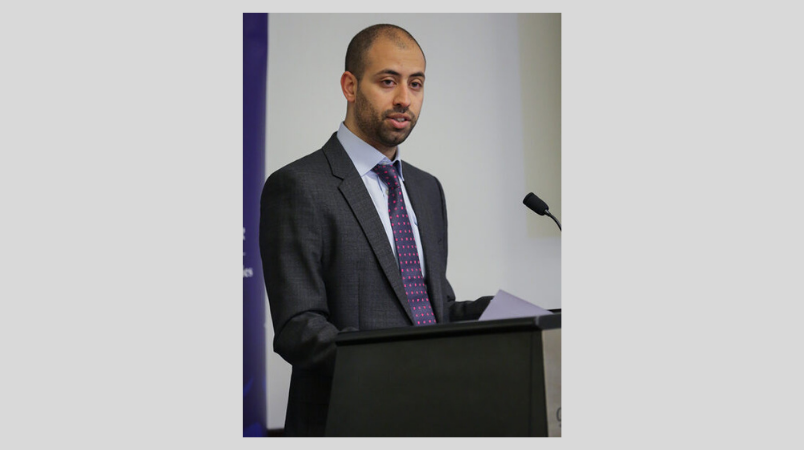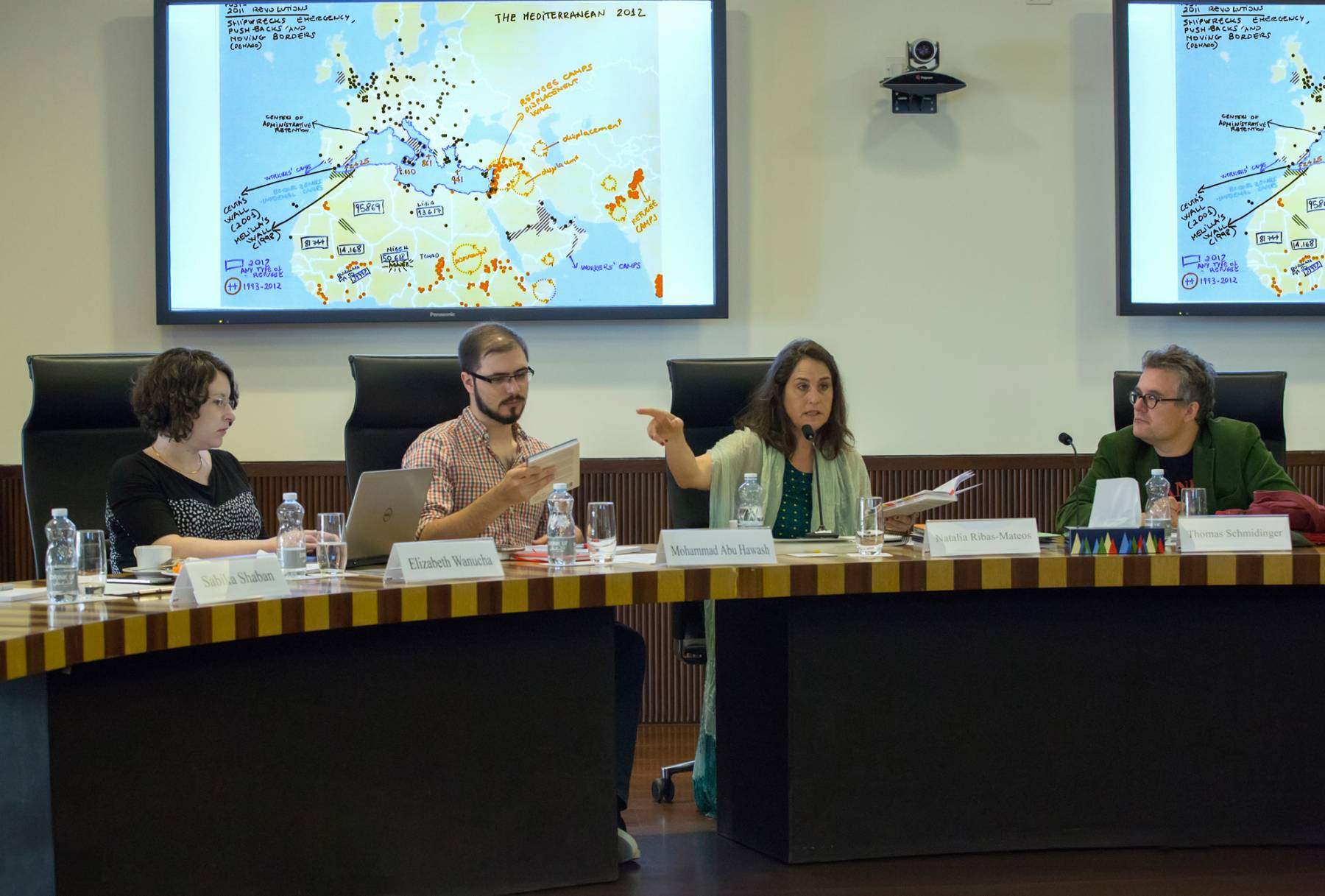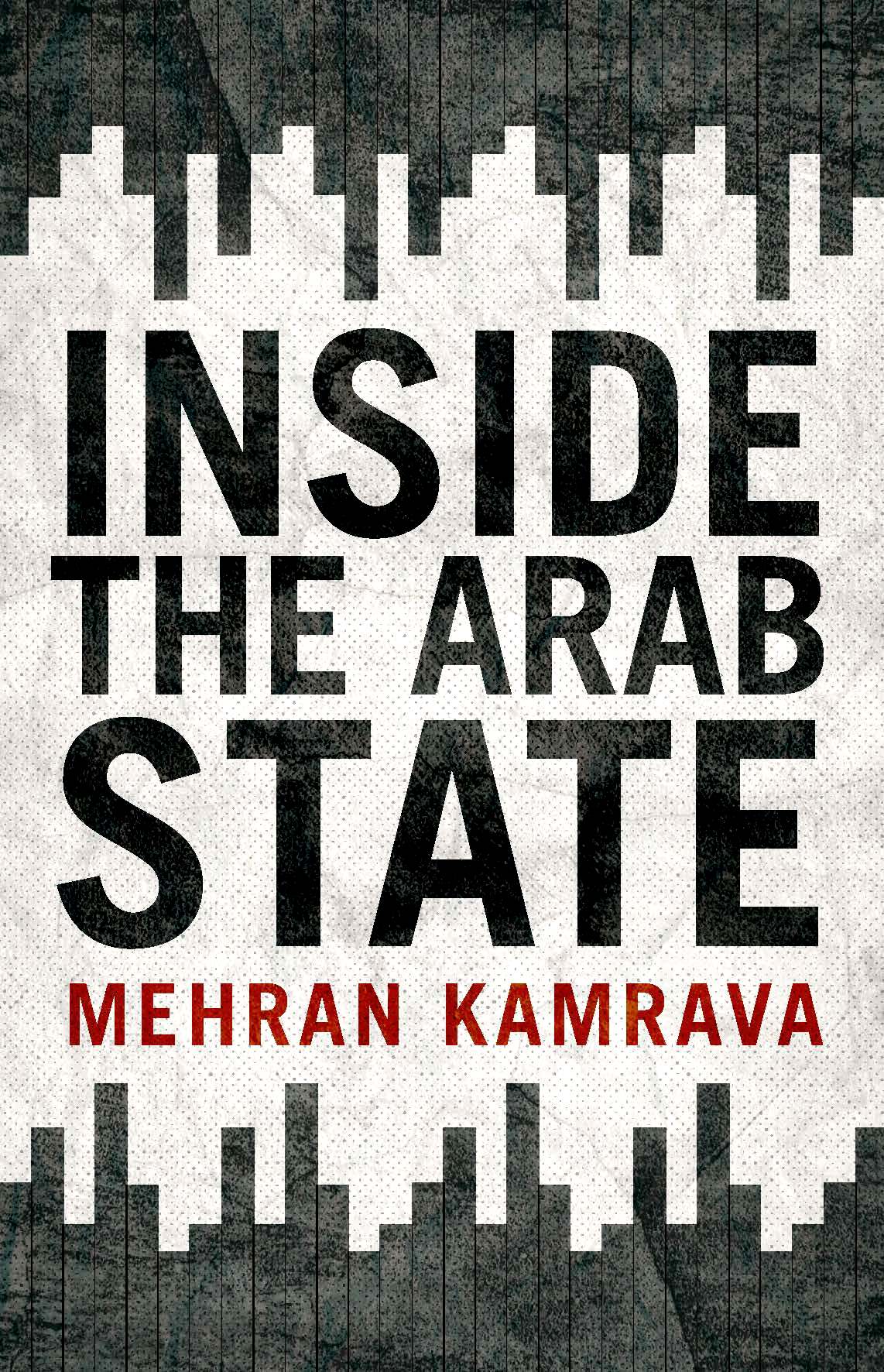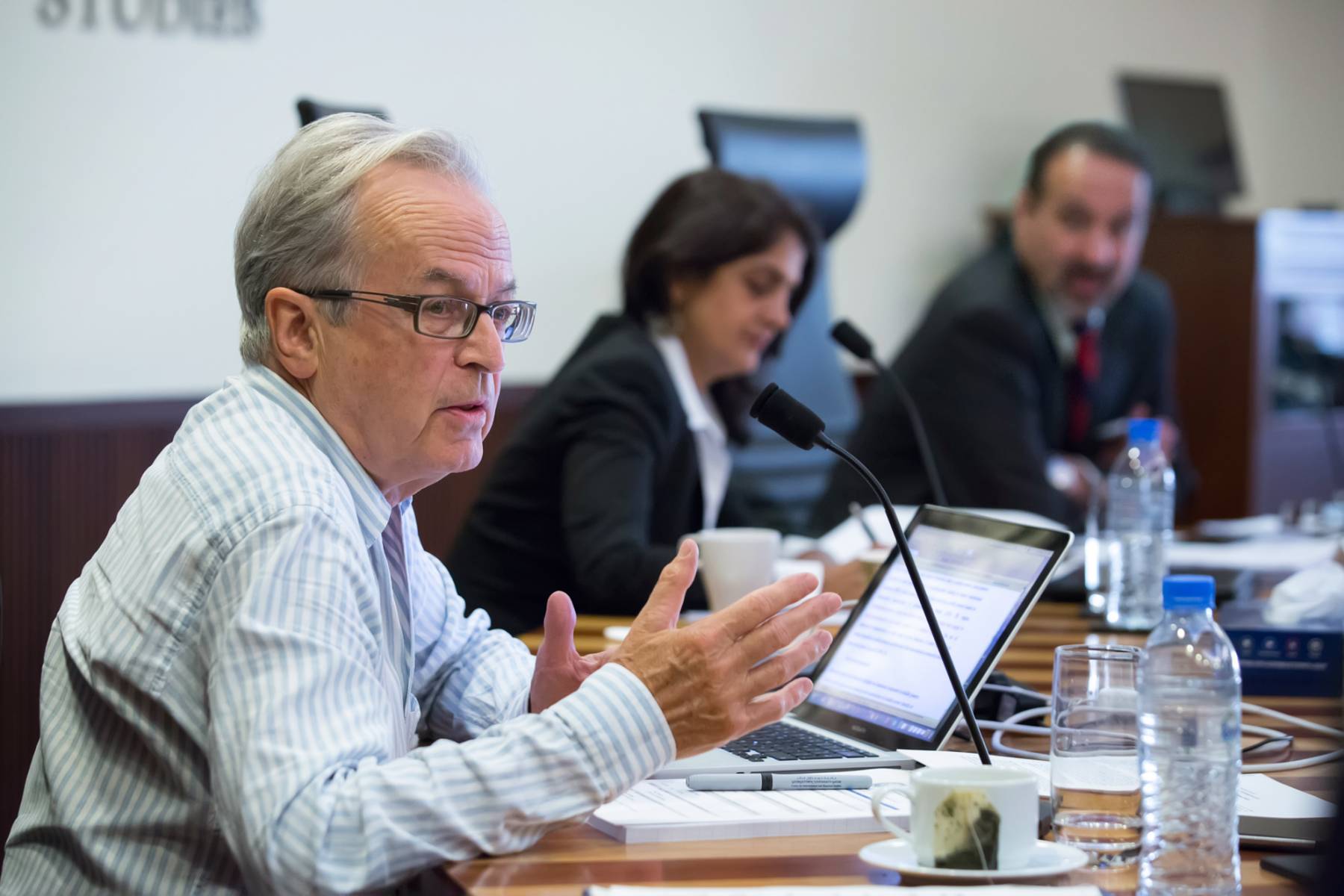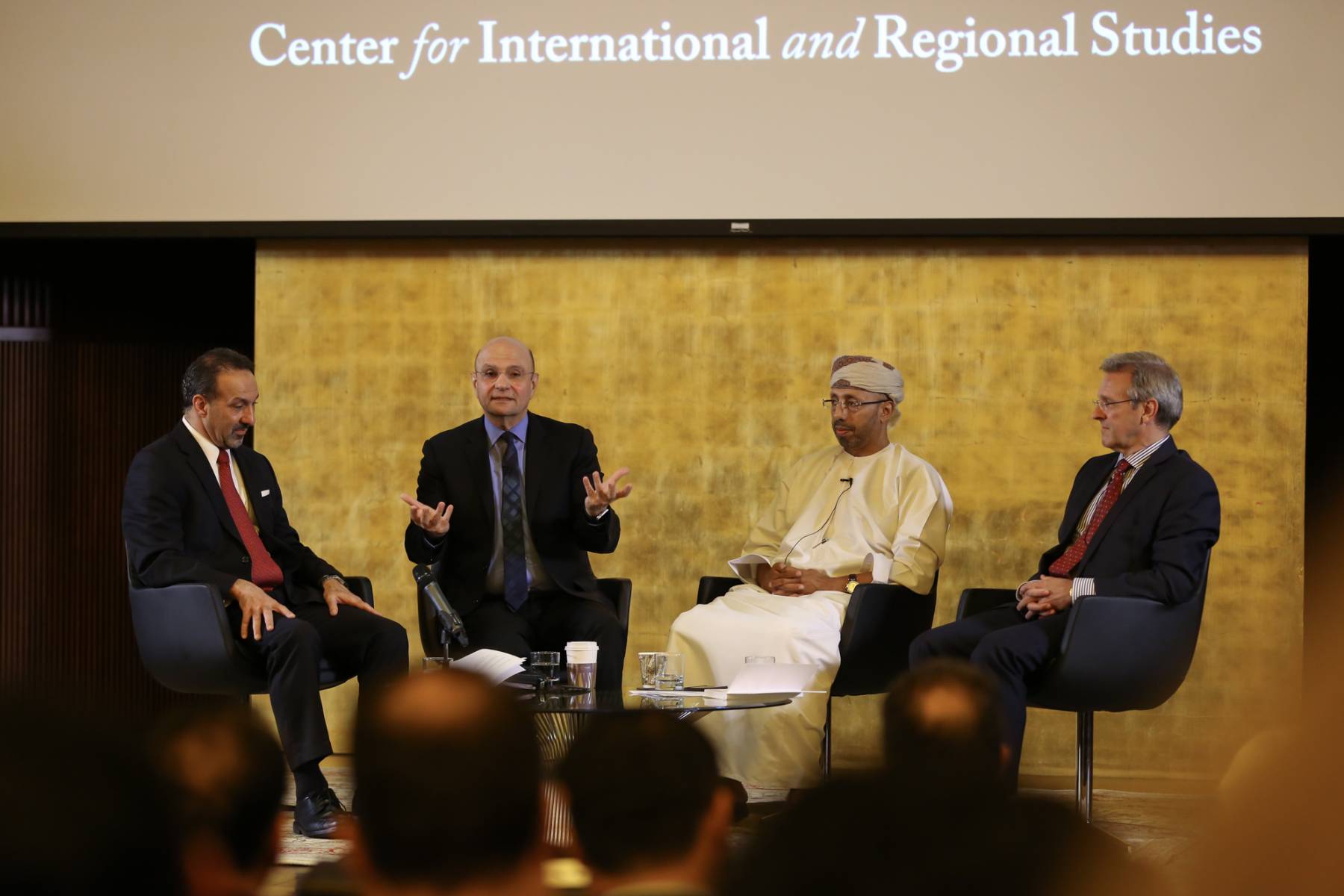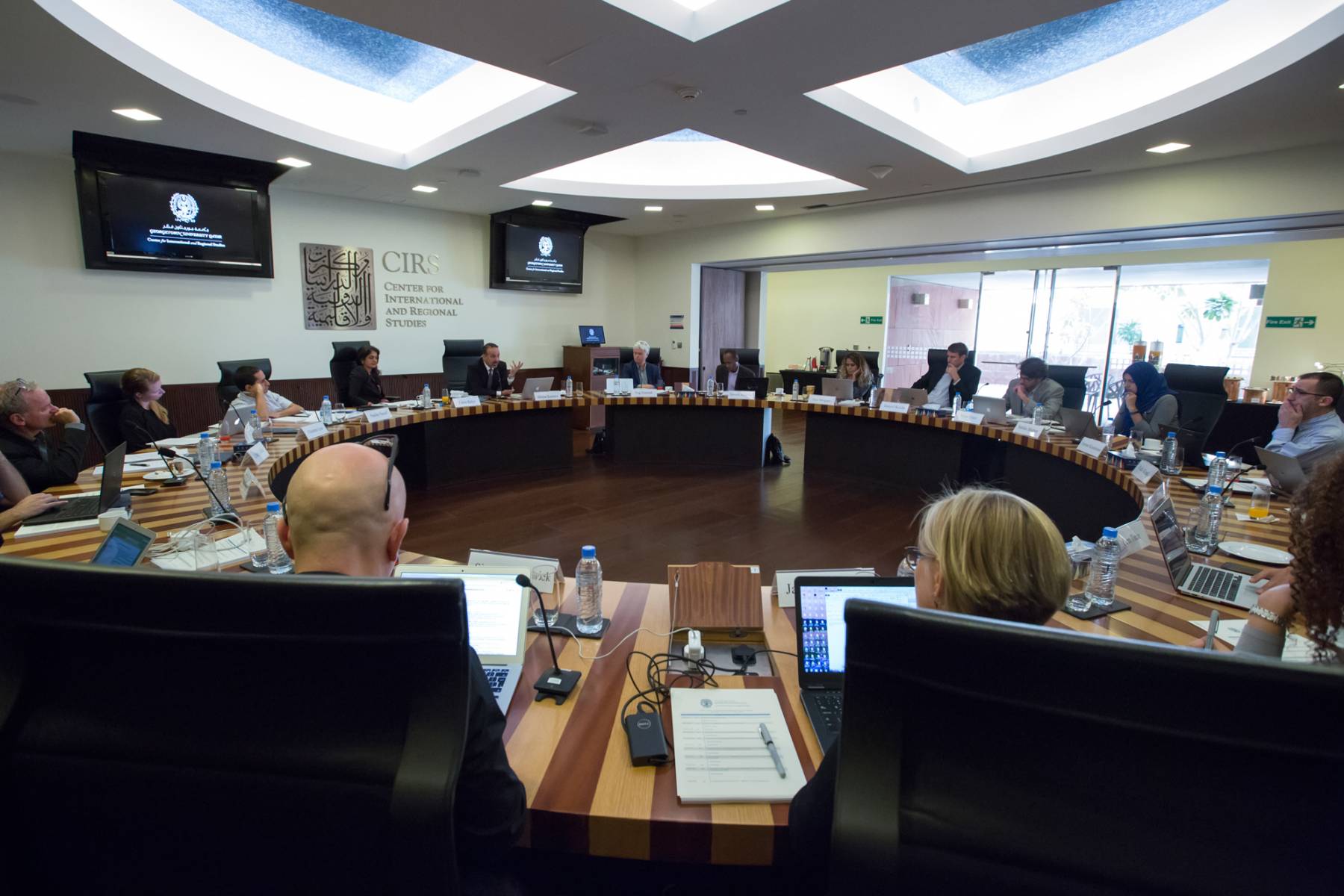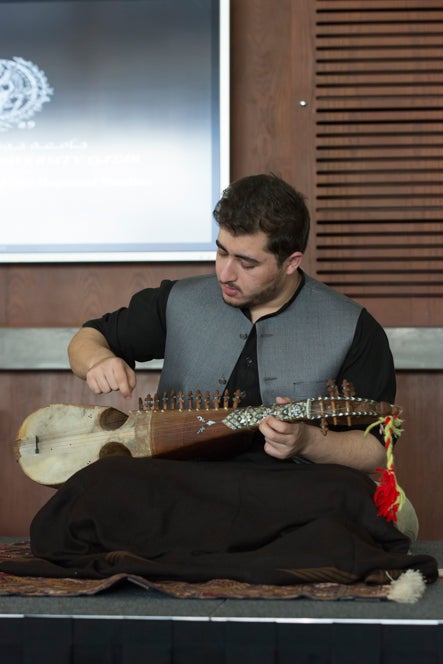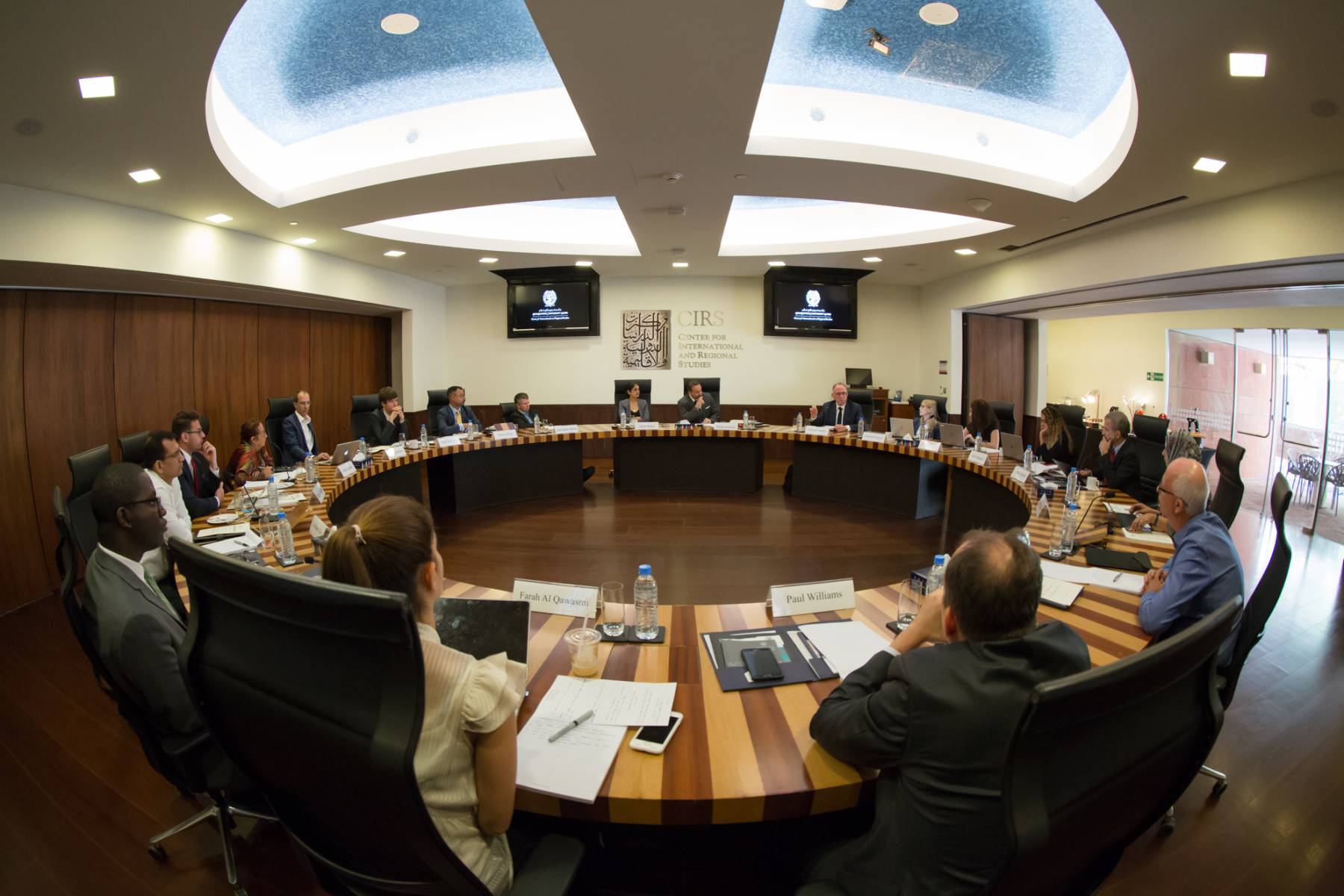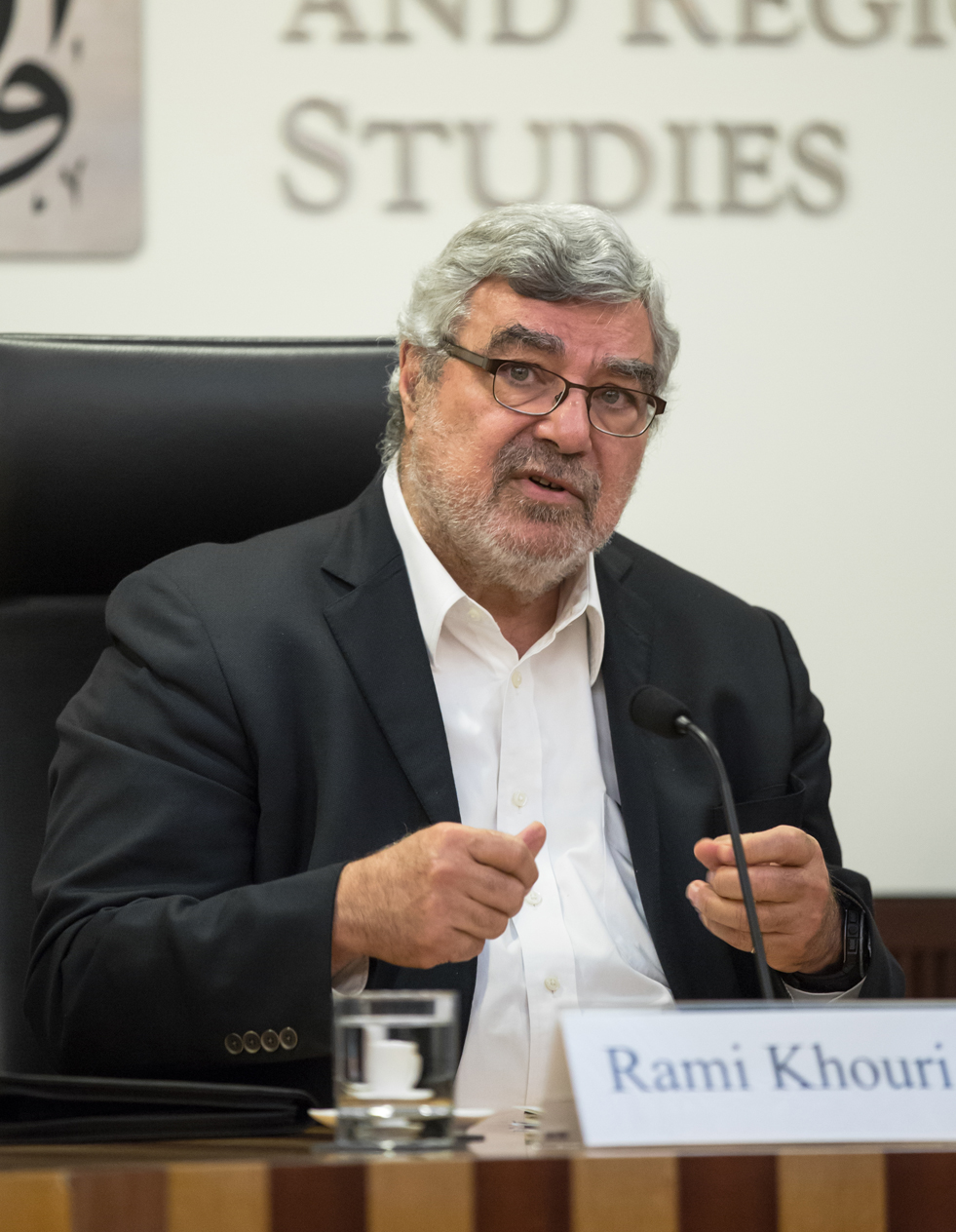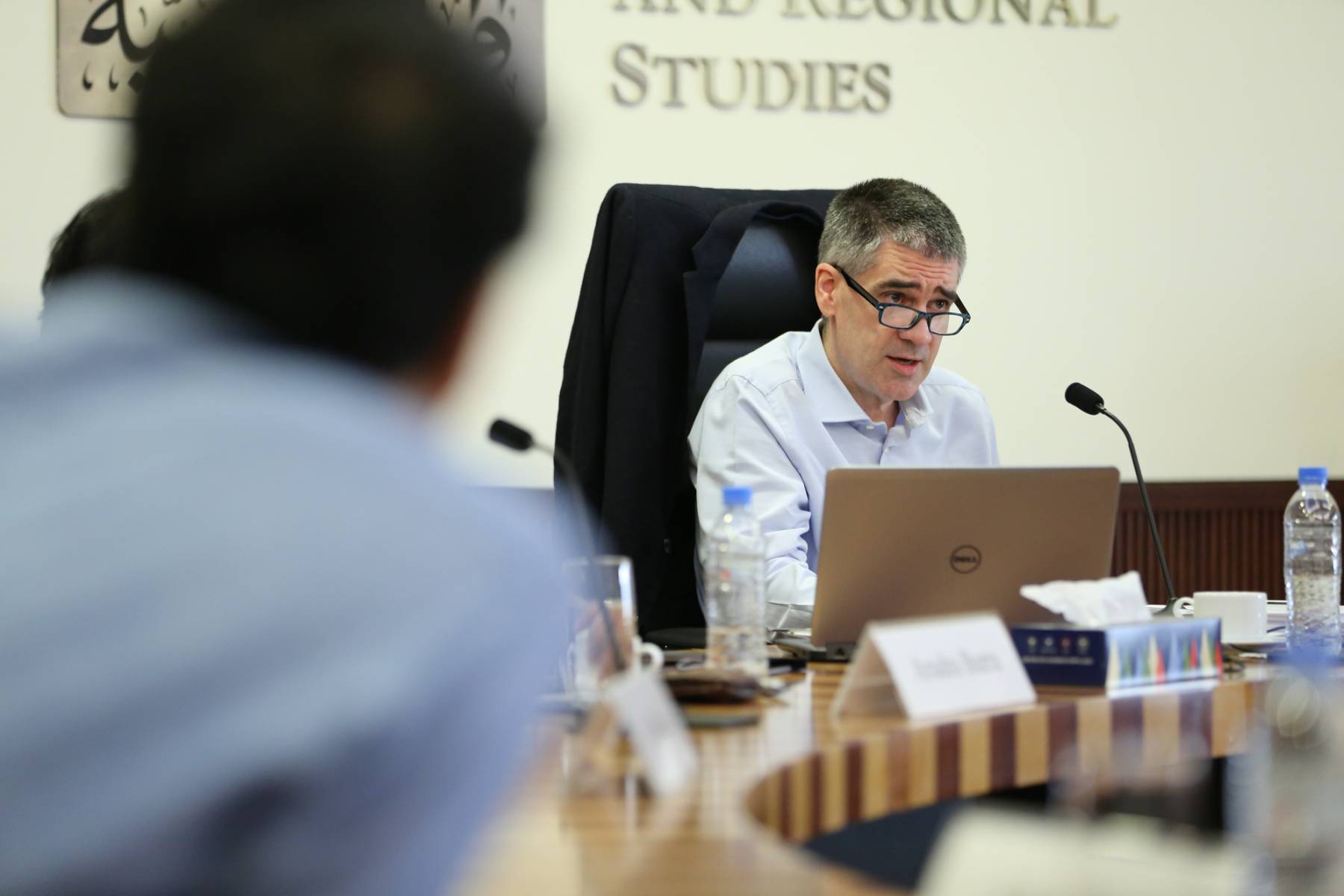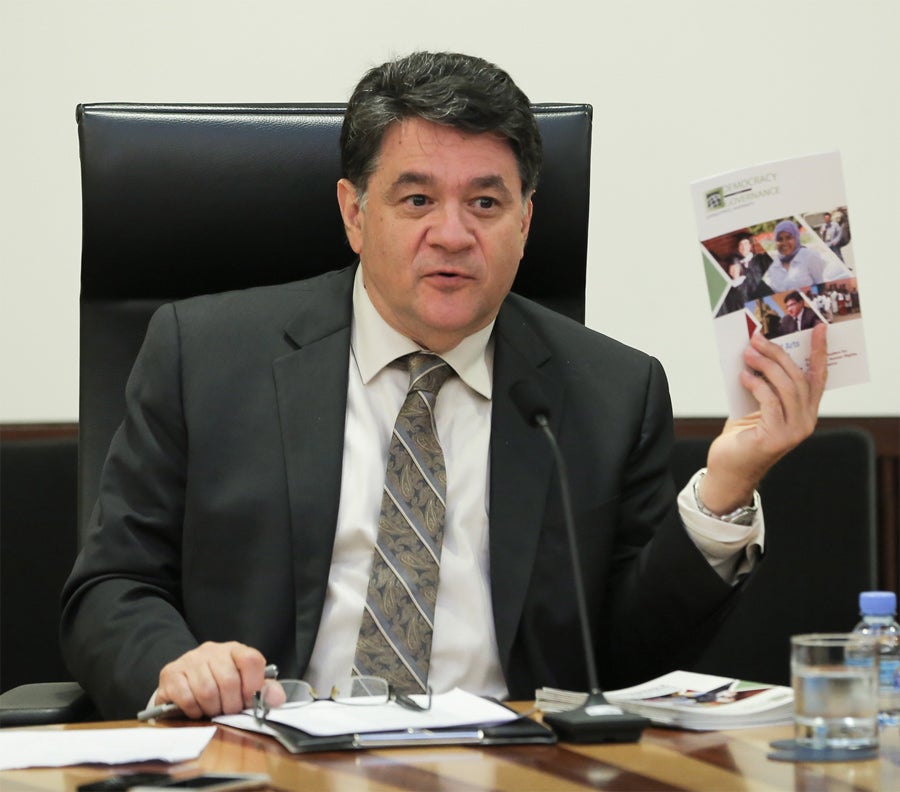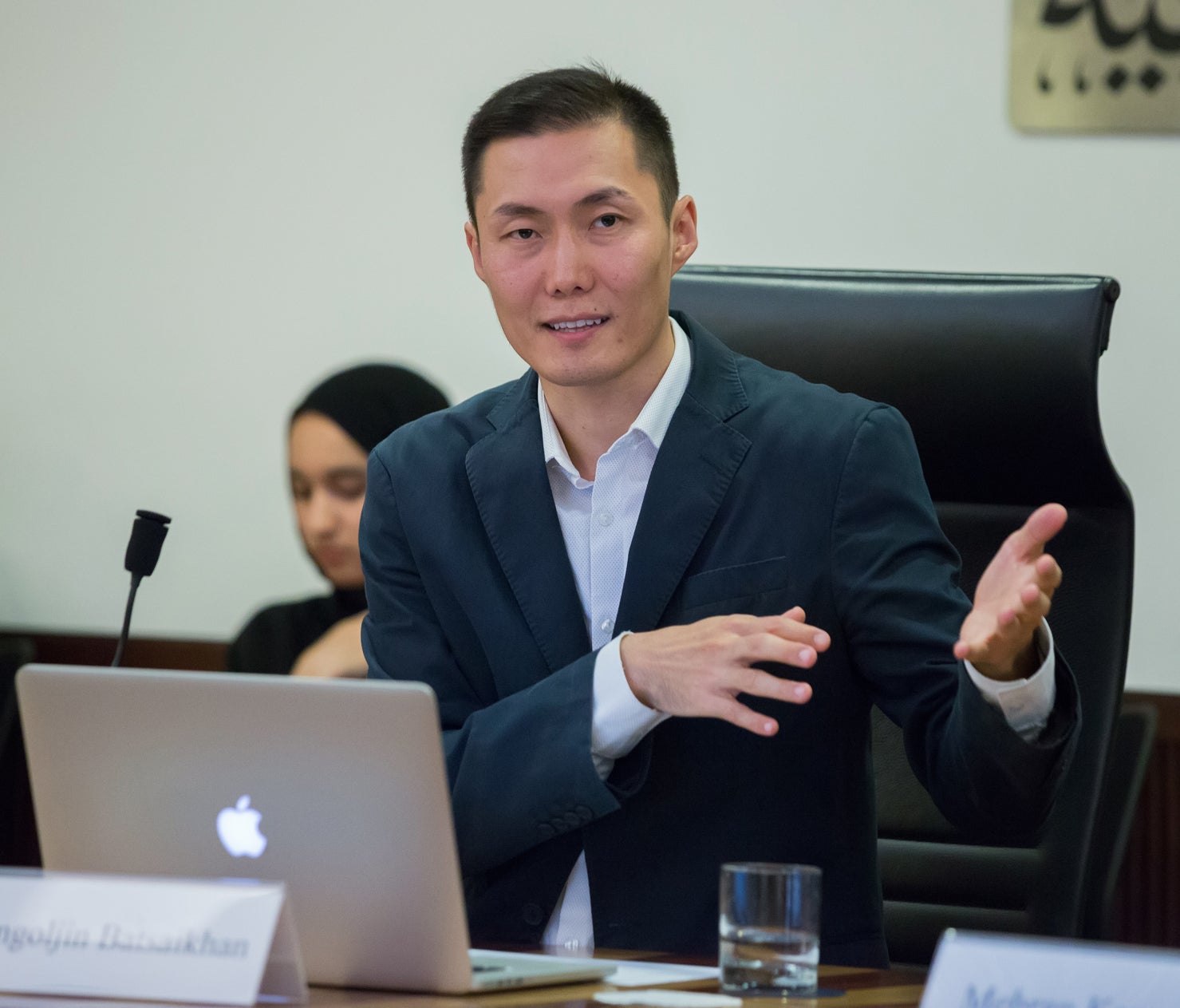Brothers Behind Borders: Islamism and Nationalism in the Middle East
Abdullah Al-Arian asked his audience to reflect back six years, to the hopefulness that emerged in spring 2011, when decades-old authoritarian regimes were on the brink of collapse. Leaders of Tunisia and Egypt had been overthrown by mass uprisings in their respective countries; the regimes in Yemen and Libya were on the verge of collapse;…
